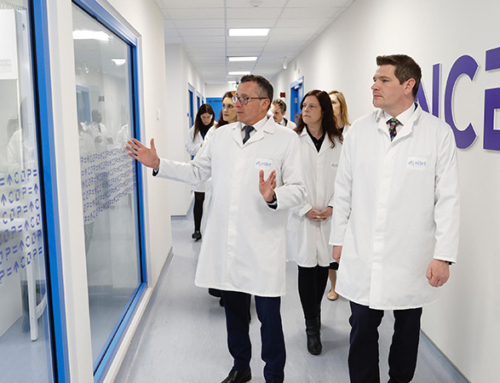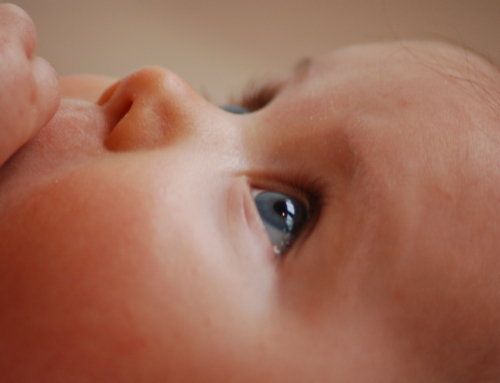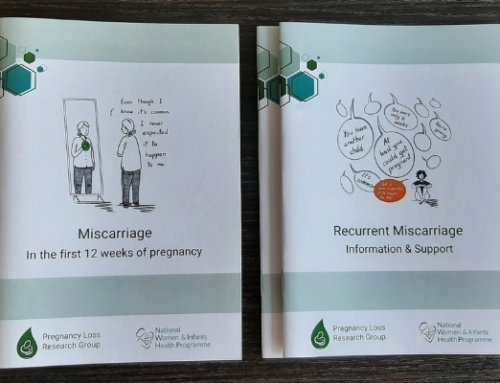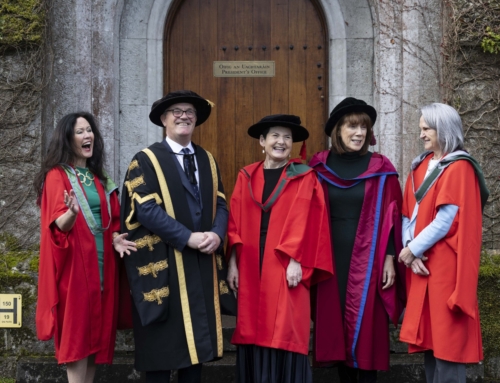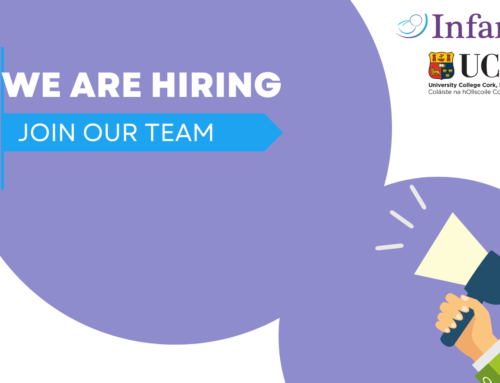Wednesday 18 March 2020
Meet Triona – Research Psychologist at INFANT
Please describe your job: What do you do?
I work as a Research Psychologist with children from birth to 3 years of age. This means that I use lots of research methods to gain a better understanding of children’s development: across their cognition, language, movement, emotions, behaviour and social skills. I use lots of different ways to see this, whether using developmental assessment kits with different games and materials (Bayley, Griffiths), using clinical questionnaires, observing children’s play and interactions, talking to parents, or trialling new innovative assessment tools.
Tell us about a typical working day…
This can vary massively, which suits me! Some days will be spent conducting assessments with children, whether 4 month old babies or 2 year old toddlers. This can be lots of fun, but also requires lots of energy! I also spend a lot of time writing reports on assessments and discussing clinical cases with my supervising Clinical Psychologist and Clinical Lead Paediatrician. Other days will be spent looking at data that has already been collected, analysing this so that we can publish results. Currently, I am spending time tailoring a novel touchscreen assessment with the aim of using this with toddlers to screen for difficulties in a much quicker and easier way.
What do you love about your job?
There are so many things. Firstly, we have the incredible babies and children who visit us! I find it fascinating to see the personalities of our smallies shine through, from such a young age ? We also have the most amazing Mums and Dads who participate in our research – I am constantly blown away by how dedicated they are to their children and to our research. I am also so lucky to work with such fantastic people in INFANT, across so many different clinical and research roles. No matter what profession we are in, we all have a shared aim of improving maternal and child health – which makes INFANT truly unique.
What do you find most challenging?
This would be the amount of research questions that can be asked, and not having enough time to answer them. This is of course part of research in itself, in that there will always be questions! Therefore we will strive to keep developing our knowledge base so that children can reap the benefits in years to come.
Do you have any advice for anybody who wants to work in your field?
Talk to people! Don’t be afraid to ask for experience. It is worth knowing that the route to getting psychology jobs can be tough. However, if you find that you are passionate about psychology and children’s development, then it is worth the journey. I could not recommend it any more highly!


